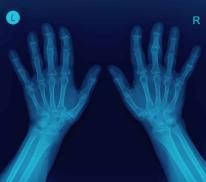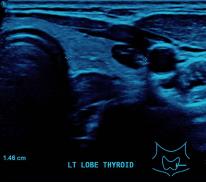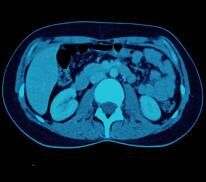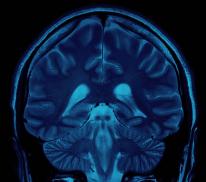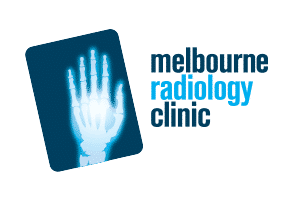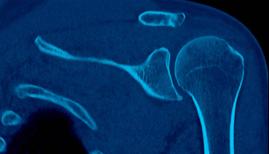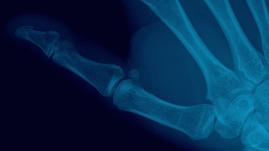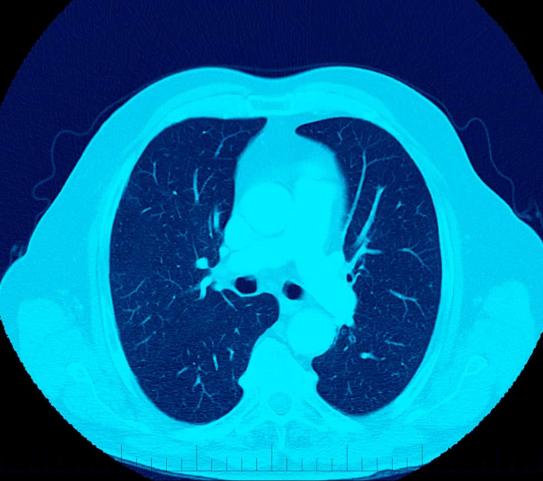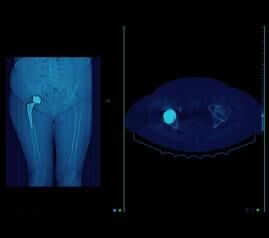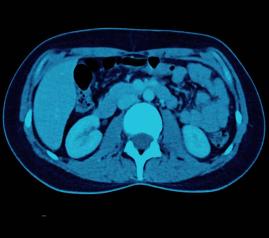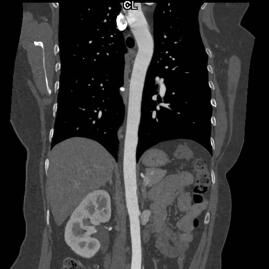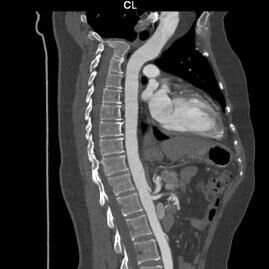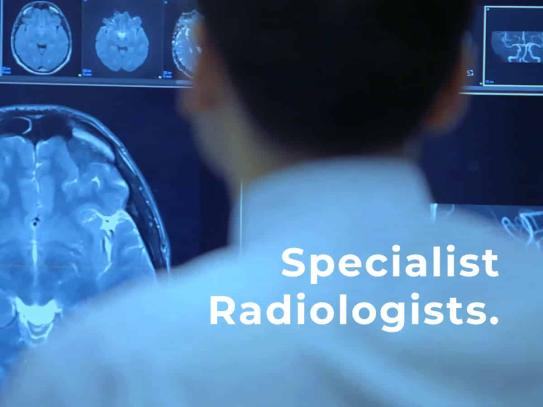Low-dose CT scans (also known as low-dose computed tomography or LDCT scans) are a highly effective diagnostic technique used to detect any abnormalities in a specific area of the body.
How low-dose CT scans work
Utilising rapid X-ray technology, LDCT scans take multiple images of a localised area of the body (known as slices) before compiling them together to obtain a detailed three-dimensional image of internal tissue, bones, organs and arteries.
Unlike single-slice spiral CT scanners, multi-slice LDCT scanners are able to capture and compile more images in a short period of time, allowing them to detect even the smallest nodules and obtain more accurate measurements while emitting less radiation.
In most cases, the images produced from a CT scan can yield sufficient information for a doctor to make an accurate assessment and diagnosis of a patient’s condition.
Conditions low-dose CT scans can detect
LDCT scans can be very effective at diagnosing a range of medical conditions.
While commonly used to diagnose conditions in the chest, abdominal and pelvic regions, scans can be performed on almost any area of the body. They are non-invasive and can detect everything from subtle bone fractures to tumours, strokes, very small kidney stones and arterial narrowing or stenosis (blockages).
How effective is a low-dose CT scan with intravenous (IV) contrast?
While regular LDCT scans alone are an effective diagnostic tool, their effectiveness can be enhanced with the use of intravenous (IV) contrast—a colourless, iodine-based dye that is injected into the arm before the scan. The dye enhances the contrast between soft tissues, assisting your doctor to form a more accurate diagnosis.
Low-dose CT scans at Melbourne Radiology
At Melbourne Radiology, we are leaders in musculoskeletal imaging and interventional radiology in Melbourne.
Having introduced the latest generation Siemens ultra-low dose CT scanner to our East Melbourne clinic in 2019, our technology is leading-edge and capable of producing premium quality imagery at a significantly lower dose than conventional scanners.
Request an appointment at Melbourne Radiology or contact us to find out more about how effective a low-dose CT scan is.
